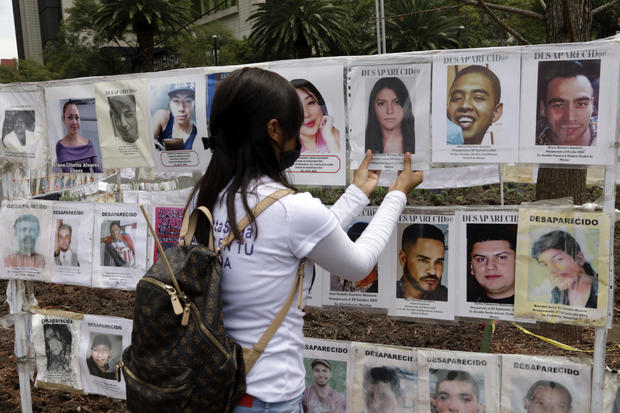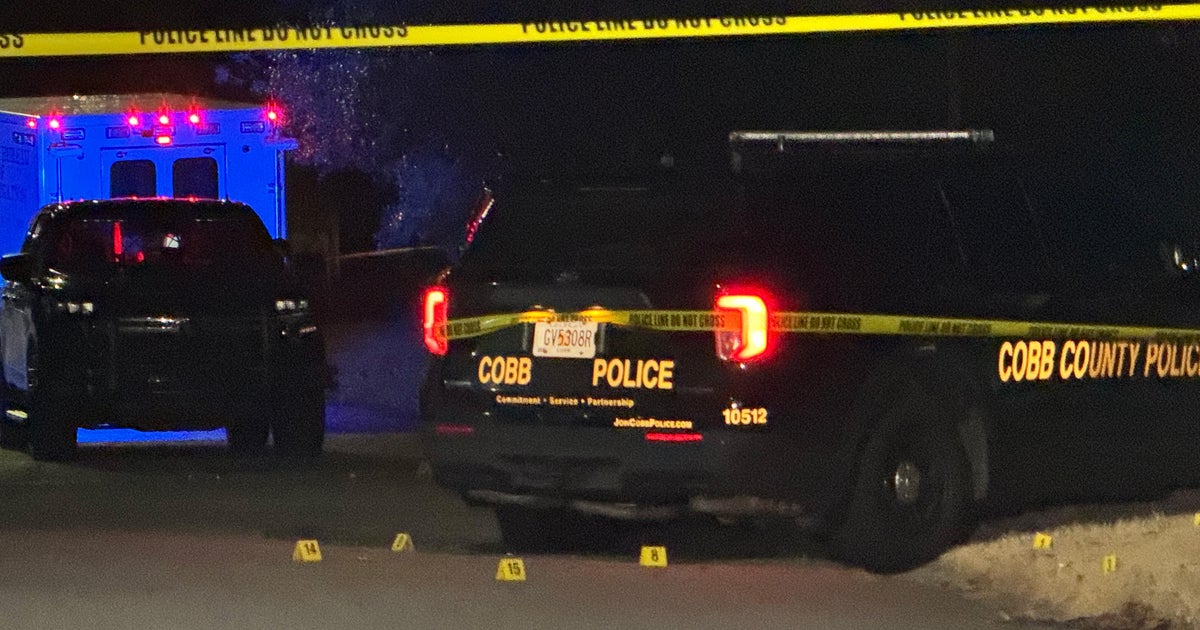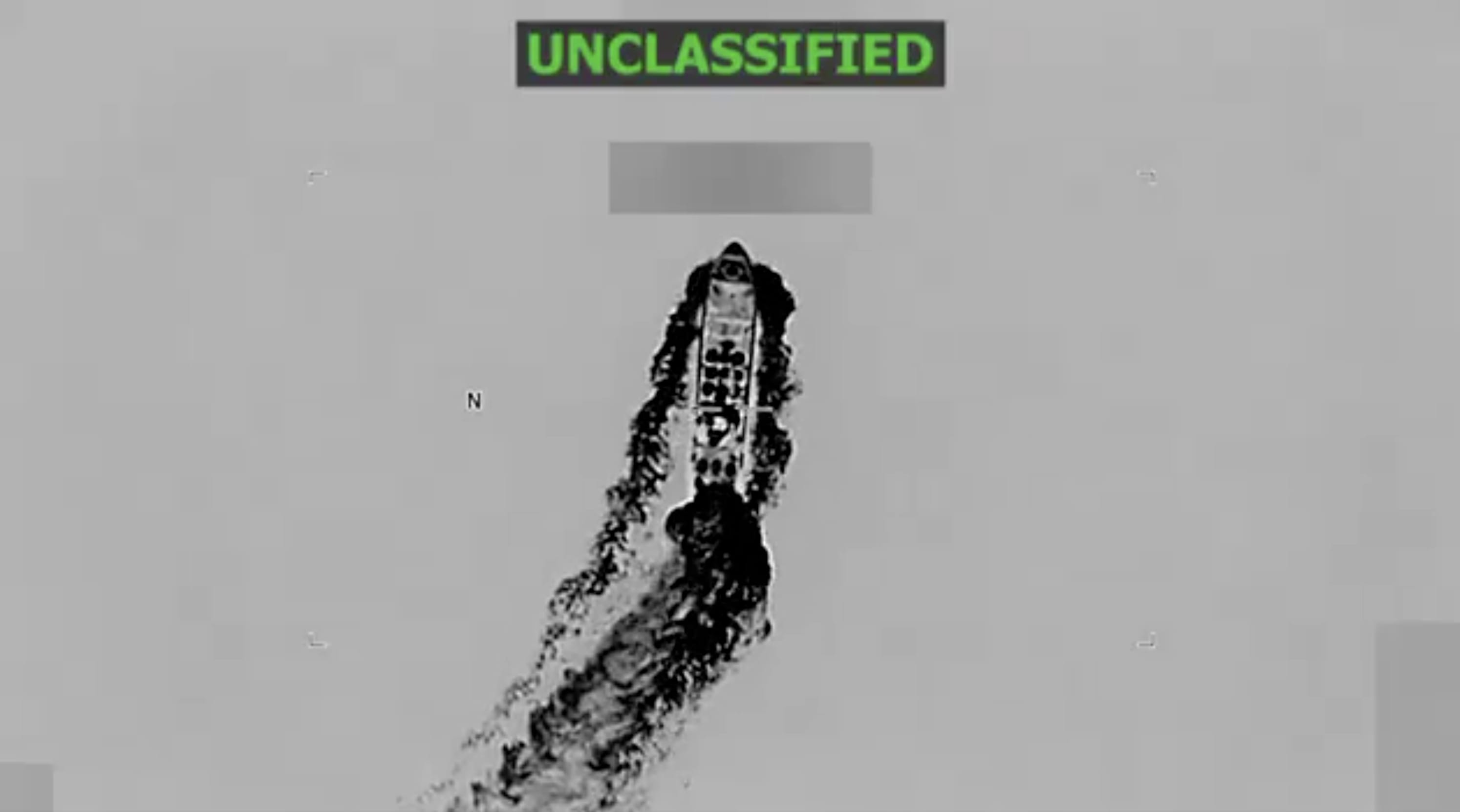Bishop proposes "social pact" with drug traffickers to tackle violence in Mexico
A Mexican bishop has proposed a "social pact" that would include drug traffickers to tackle violence that has prompted calls for a rethink of President Andres Manuel Lopez Obrador's security policy.
The pact was needed so that "all of society and even criminals could join in some way," Sigifredo Noriega, bishop of the violent northern state of Zacatecas, told the newspaper Milenio.
Questions about Lopez Obrador's security strategy have mounted since two Jesuit priests were murdered last month in a church in the northern state of Chihuahua.
Authorities have identified a local gang boss reportedly affiliated with the Sinaloa cartel as the suspect in the those killings. José Noriel Portillo Gil, alias "El Chueco," is already wanted over the murder of an American tourist in 2018.
State prosecutors announced a reward of $250,000 for information leading to the capture of the alleged killer, who remains at large. The office said it was the highest reward offered in the history of the state.
Mexican Catholic bishops urged the government after the attack "to review the security strategies that are failing."
On Monday the Mexican Episcopal Conference said it was committed to "dialogue to build a path of justice and reconciliation that leads us to peace."
The church's Catholic Multimedia Center said seven priests have been murdered under the current administration, which took office in December 2018, and at least two dozen under the former president, who took office in 2012. In 2016, three priests were killed in just one week in Mexico.
Meanwhile, another priest said he was beaten over the weekend in the violence-plagued western state of Michoacan. Rev. Mateo Calvillo wrote in an open letter that men traveling in another vehicle cut off his car, forcing him to stop, and that one of them came around to his window and beat him savagely.
Lopez Obrador this week defended his security policy, which has focused on tackling the root causes of violence, including poverty.
He said Tuesday that while he supported forgiveness his government "does not negotiate" with criminals.
More than 340,000 people have been killed in a spiral of bloodshed since 2006 when the government of the time deployed the army to fight drug cartels.
The government blames most of the deaths on gangs involved in crimes including drug trafficking, fuel theft, kidnapping and extortion.




